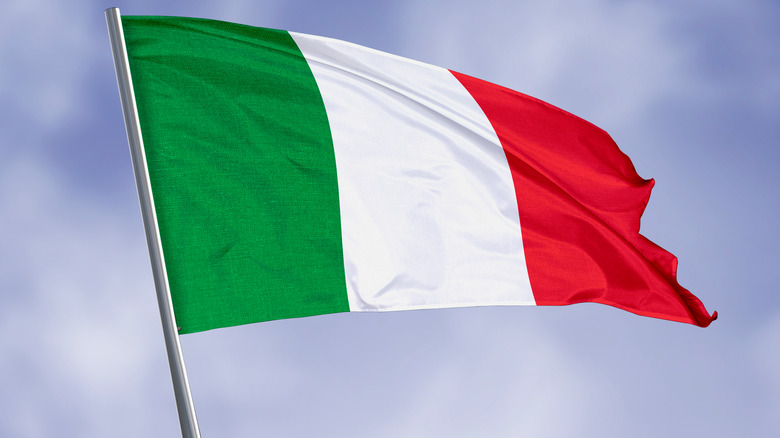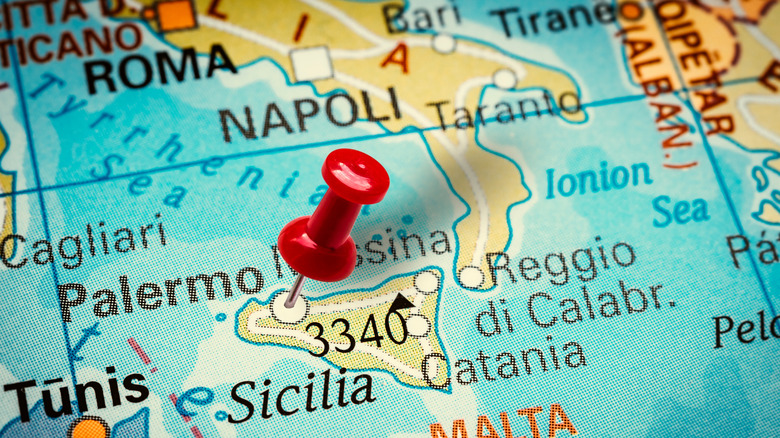This Is How Italy Got Its Name
The unification of Italy became official in 1870, per the Department of State's Office of the Historian. This followed Napoleon III's withdrawal from Italian land and the Italians' subsequent claiming of Rome (which would become the capital instead of Florence the following year) and the Papal States. In the decade prior, Victor Emmanuel II was declared king of the Kingdom of Italy, and centuries before that, the Romans had turned one glorious city into an empire.
Where, though, did this proud nation's name come from? Unsurprisingly, it seems that the word 'Italy' has Latin origins. Here's how the country got its name.
As Britannica reports, in its more recent history Italy has been defined by its emphasis on agriculture, which has driven the country's economy. This association goes back very, very far in Italian history. As Grand Voyage Italy suggests, the name Italy (or Italia) has links to the Italian word vitello, which means calf. The Ancient Samnite word Víteliú came to refer to the region, its meaning seemingly related but more elaborate — land of calves. The region, then, was deemed the land of the calves, and from there it seems to have been a bit of a bumpy etymological road to Italia.
Calves, kings and volanoes seem to have influenced Italy's name
This is just one possible root of the name, however. Grand Voyage Italy also notes that there is an Ancient Greek influence. Italia may be derived from the word Aethalia, which instead deems the region the realm of "fog and smoke." Italy is host to all European volcanoes that are currently active, per Volcano Discovery, and the African and Eurasian plates converge in the region, explaining the number of volcanoes here. This, too, is very apt.
With Rome's tale of Romulus and Remus in mind, it's no surprise that the wider nation also boasts a fantastical tale of its beginnings revolving around a legendary character. In his "Politics" (via Perseus Digital Library), Aristotle wrote of Italus, who settled in the region and rose to become Oenotria's king. The people came to be known as Italians, per Aristotle, rather than Oenotrians, and the region itself became the country of Italy.
In addition, according to Aristotle, Italus turned his people to the agricultural way of life in order to prosper. This may suggest a link to Italy being both the land of Italus and the land of the calves. What is for certain, Merriam-Webster adds, is that the Greeks who lived in the region prior to the Romans' rise deemed themselves Italiotes. There may not have been one simple root of the name, but it's clear to see where it came from.

